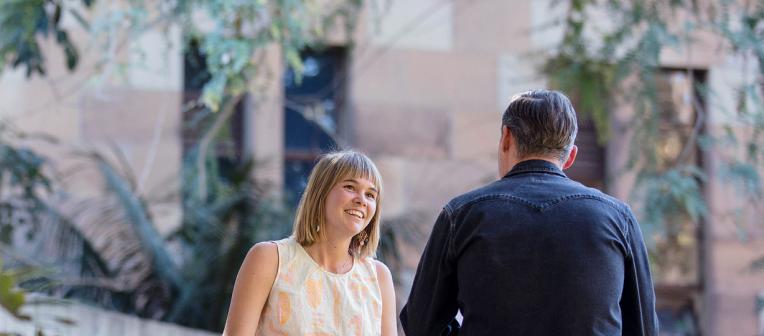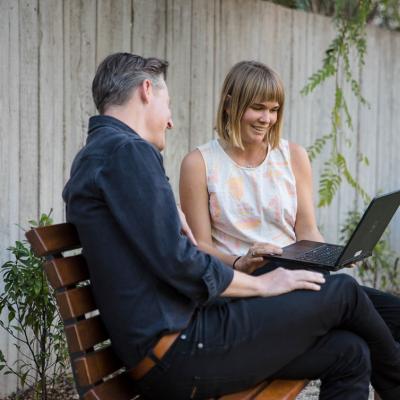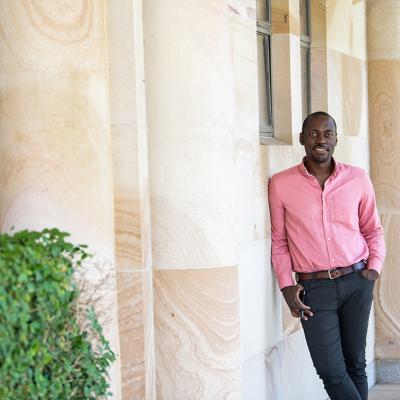Gabrielle Lebbink was a self-starter before starting her PhD, but mentorship helped hone her skills to an even greater degree.
Forget what you’ve seen in movies or read in books about completing a PhD at university. Dr John Dwyer from the UQ School of the Environment says a modern-day mentor/mentee relationship bears little resemblance to the classic depiction.
The modern mentor/mentee relationship
“I try to break down this perceived notion that it’s the supervisor up on this pedestal lecturing to his students down below,” he says.
“Stereotypes that suggest students should be honoured to have 5 minutes of your time certainly don’t fit how I operate. You want to be approachable, but you also don’t want people to rely on you when they can solve problems themselves."
“Being approachable fosters the sense of collaboration and then the PhD student is not afraid to present an idea."
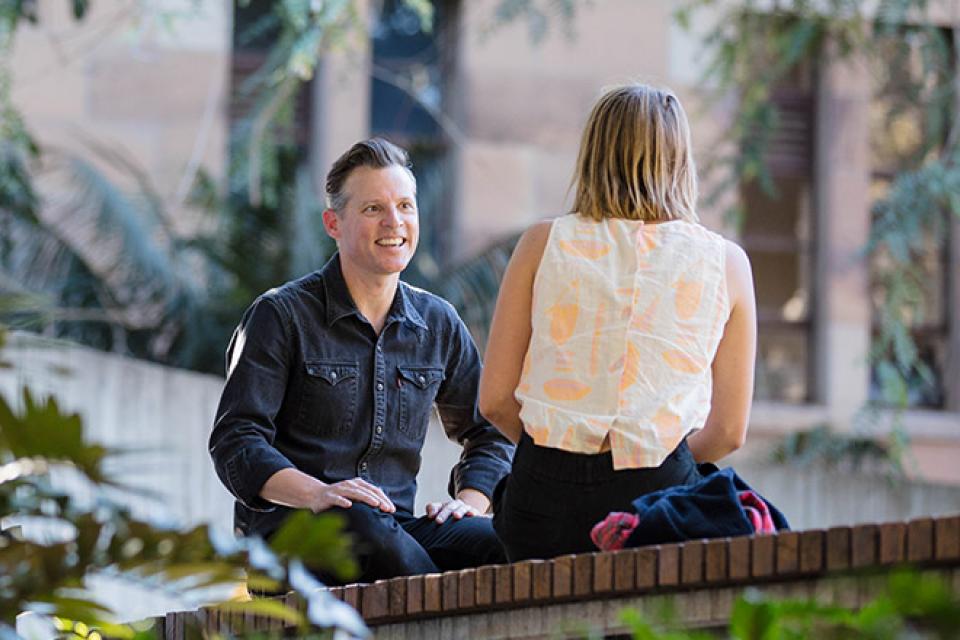
“One of the joys of being a supervisor is when some of the brightest minds come to you and you can offer them mentorship, ways to be more efficient and amplify their strengths – and they offer you a fresh perspective or solution, when you may otherwise get bogged down in theory and overlook certain things.”
Gabrielle Lebbink is a current PhD candidate working alongside John and is a fantastic example of this ideal way of working. Her thesis focuses on the spread and impact of Indian couch grass across Australia, meaning much of her work is conducted in far-flung corners of the sunburnt countryside.
Delve into Barbara's PhD story to discover other types of PhD in biology.
The level of trust and respect Gabrielle and John place in each other is both commendable and necessary to advancing the research project.
“We have a great little team going and I think the supervisors are very fair and approachable,” says Gabrielle.
“I felt really comfortable from the outset with the field work, but I was a little concerned with my writing at one stage. I thought I was a reasonable writer when I first came in, but some of the constructive criticism showed me there was room to improve."
“John's mentorship has been extremely beneficial to developing my skills, particularly around facets like statistics and writing, and filling me with greater confidence. From the outset, I was excited by working together, and it’s been as rewarding as I anticipated.”
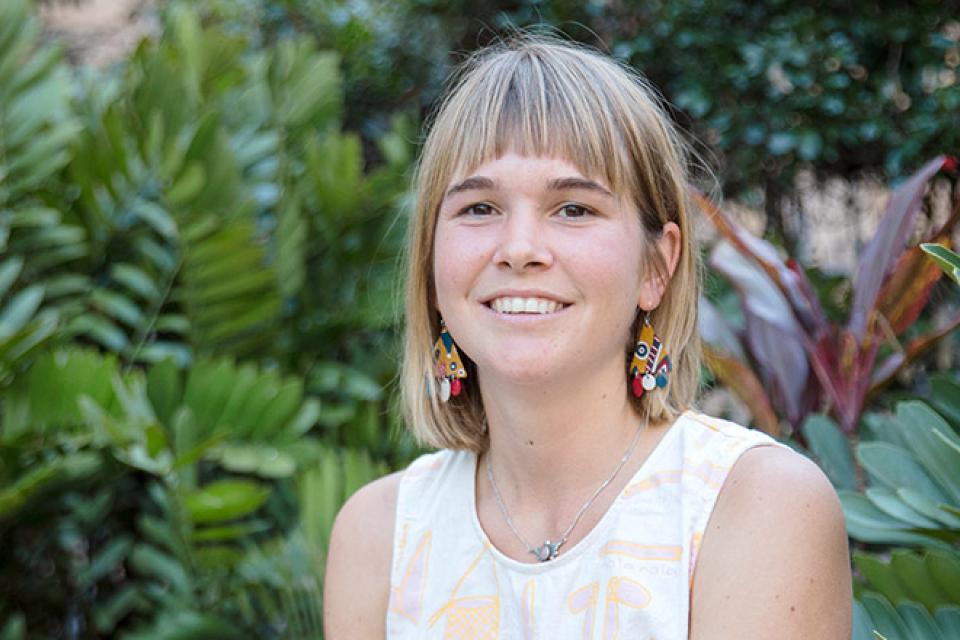
Finding the right feedback style
John knows there's a fine balance between offering encouragement and operating with a level of honesty to allow the student to grow and flourish as a researcher.
“I’m always learning what is a better way to deliver feedback,” he says.
“If someone receives their submission back and it’s completely transformed – no matter how good your intentions – there is a knock to their confidence that occurs.
“Every person is different and you try to work out what motivates them, what resonates with them, how frequently you need to be in contact, what are their strengths and what can improve. I do like to spend time getting to know them as people. Not that I want to be their best friends or anything, but people like to know you’re interested in them as a human being."
“In that way, you can communicate with them in a truly collaborative atmosphere. Each person requires to be treated as an individual.”
Your research career begins here at UQ. Explore our scholarships or submit an expression of interest now.

